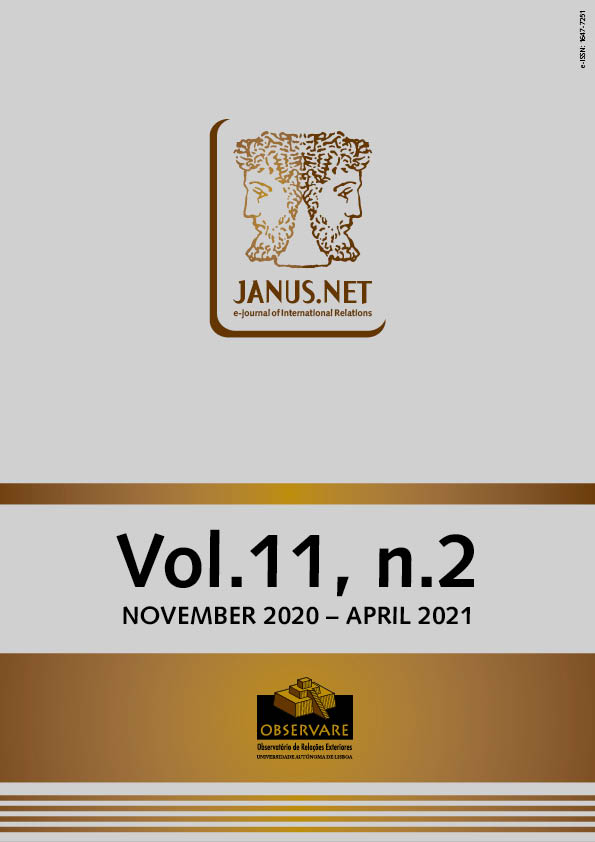European security is transnational in nature due to the interdependencies of globalized societies. This gives rise to the need for cooperation and the sharing of security intelligence between Member States. This article presents a critical review of the functioning of the intelligence community in the European Union (EU), making a historical review that allows us to understand whether or not transnational cooperation has been moving towards greater integration. In addition to mapping the organisms that are part of this community, the article relies on a theoretical framework of policy analysis to structure the challenges of intelligence sharing on the European level. It is argued that the EU’s capacity to produce its own security intelligence is very low, depending on the sharing of intelligence by the national agencies. Additionally, it is said that the sharing of police intelligence is much more structured than the sharing of security intelligence. Finally, it is concluded that the European intelligence community welcomes different intelligence cultures within it and focuses its activities on diffuse cooperation that faces the limits of national sovereignty, interoperability deficits, and difficulties in establishing institutional relationships of trust.
BUILDING INTELLIGENCE COOPERATION IN THE EUROPEAN UNION
PhD student, researcher at IPRI-NOVA as a member of the research group 'Democracy and Governance', where he is finishing his PhD in Global Studies (NOVA FCSH, Portugal) with a thesis dedicated to the construction of democratic state punitiveness. Research Fellow at ICS-ULisboa, as part of the research group 'Environment, Territory and Society'. He has a master’s in political science and International Relations (NOVA FCSH) and a degree in Economics (NOVA SBE) and in Political Science and International Relations (NOVA FCSH). He also has a postgraduate degree in Intelligence Management and Security (NOVA IMS). He has developed research in the areas of political demography, intelligence, security studies, democracy and punitive practices of the State.
Resumo
Palavras-chave
Como citar este artigo
Estevens, João (2020). “Building intelligence cooperation in the European Union”. In Janus.net, e-journal of international relations. Vol. 11, No. 2 Consulted [online] at date of last visit, DOI: https://doi.org/10.26619/1647-7251.11.2.6
Article received on 7 April, 2020 and accepted for publication on 22 September, 2020















